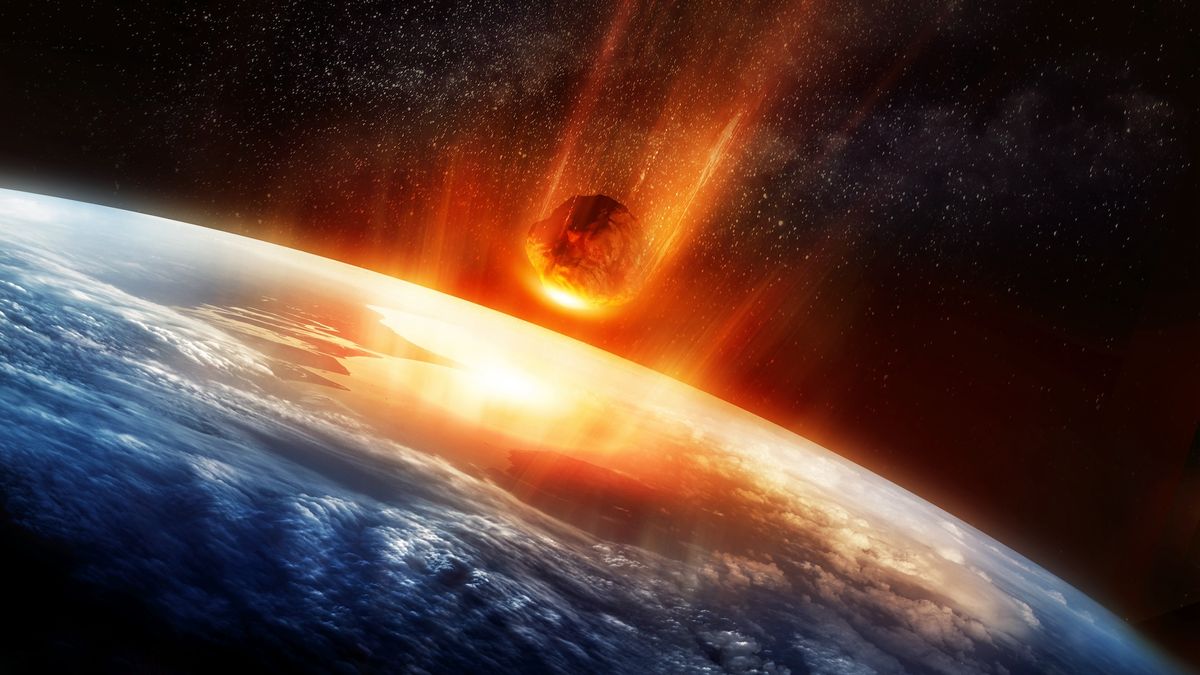Scientists speculate that a massive meteorite, significantly larger than the infamous rock that led to the extinction of dinosaurs, may have played a crucial role in nurturing early microbial life on Earth. This discovery shifts the perspective on meteoric impacts, suggesting that rather than being solely destructive, they could have facilitated the development of life.

In the early days of our planet, the effects of enormous meteors might have significantly contributed to the emergence of life. These giant impacts could have created environments rich in essential nutrients, fostering conditions suitable for the growth of nascent microbial forms. This idea redefines our understanding of how life may have originally taken hold on Earth.
















